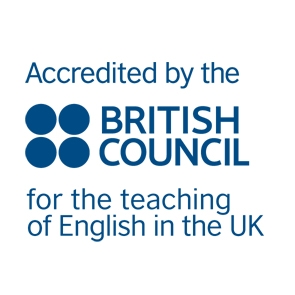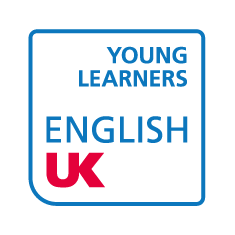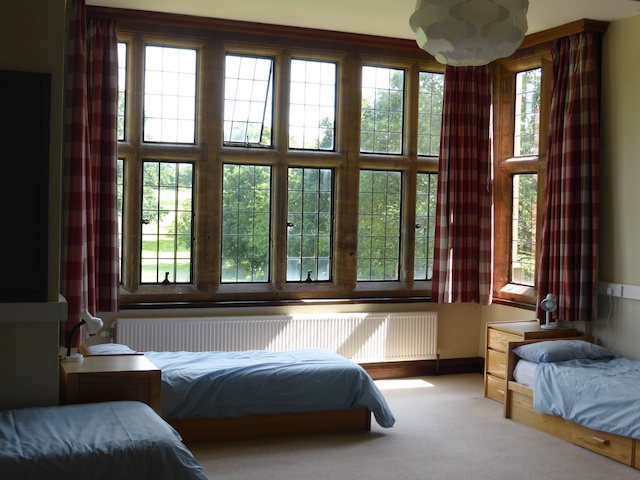Accredited schools are inspected every four years and may receive surprise visits and checks at anytime in between. Inspectors check that the school is managed effectively, that teachers' are qualified and work well with pupils, that the premises are safe and well-equipped, and that students are well cared for.
Schools need to meet or exceed the agreed quality standards in order to be accredited. The scheme is voluntary and not all English language schools are accredited.













